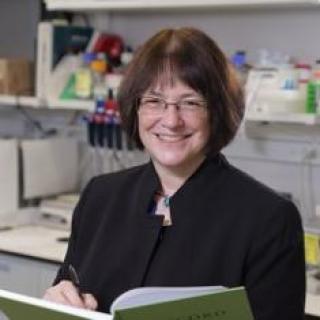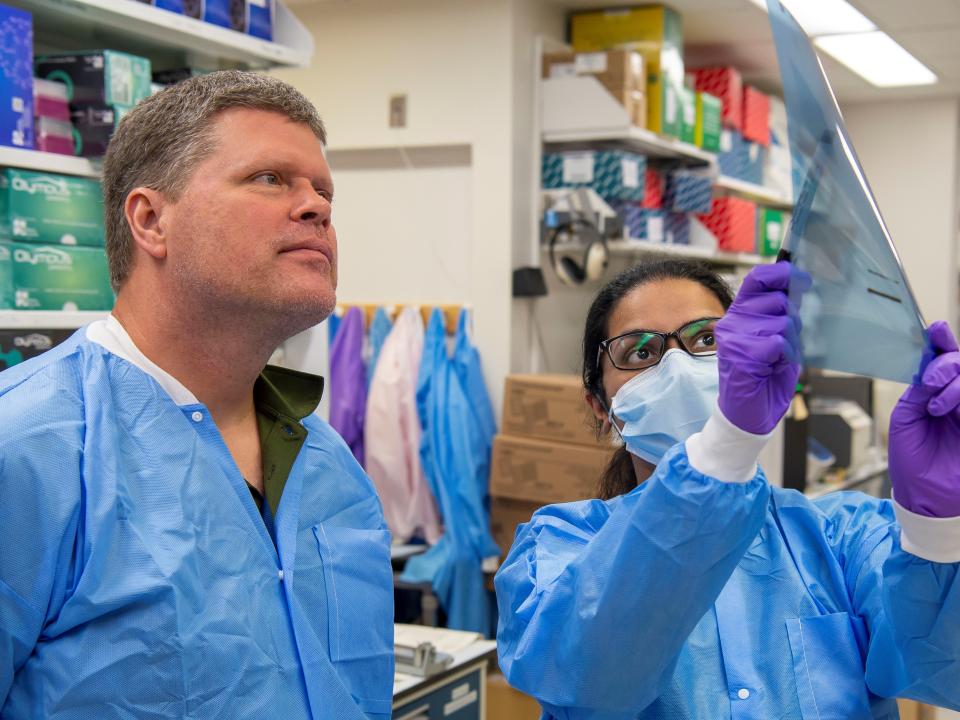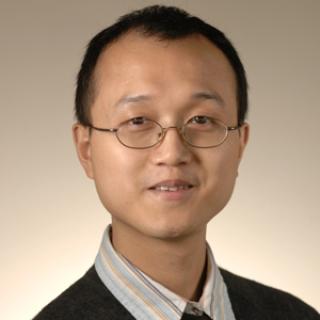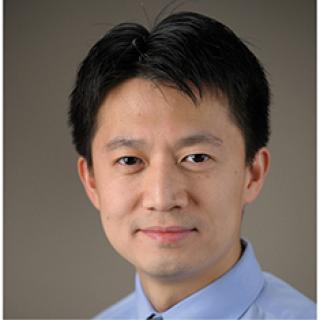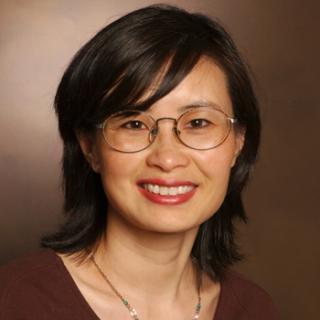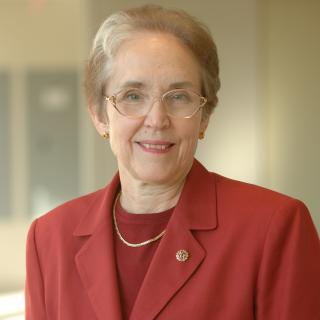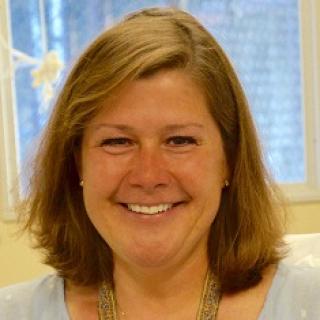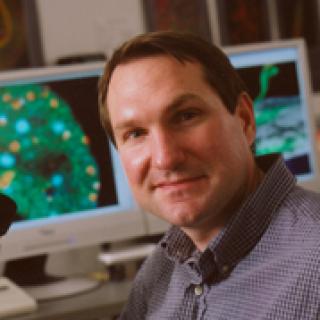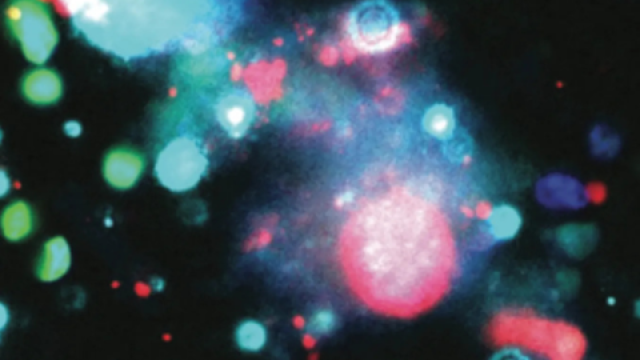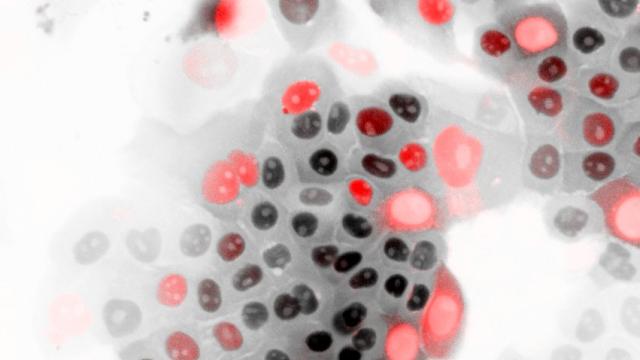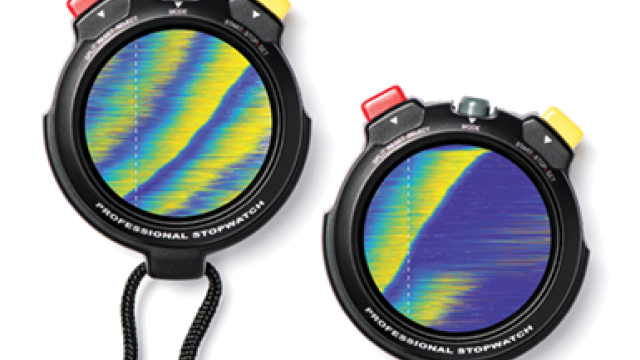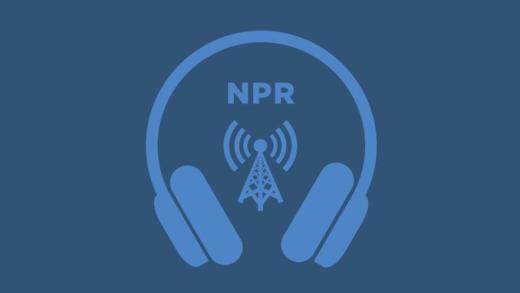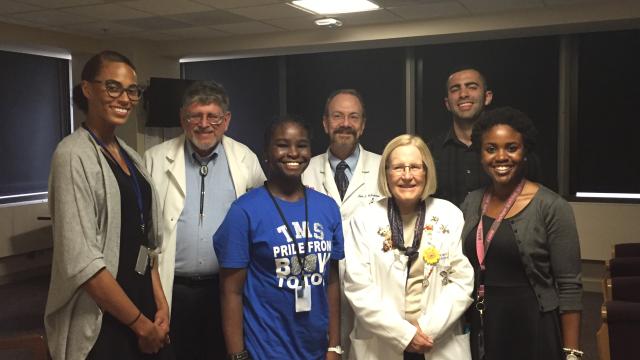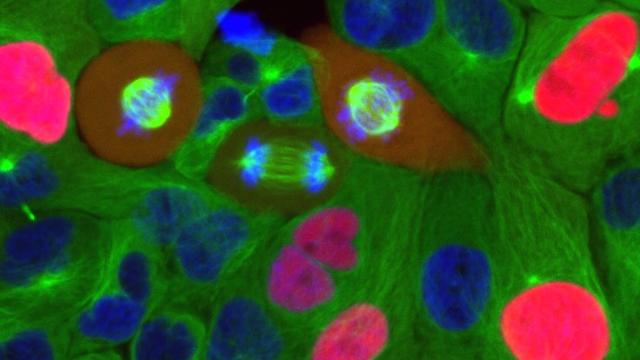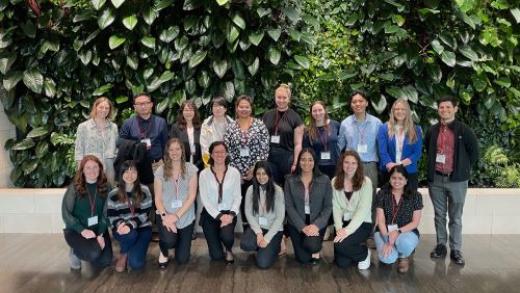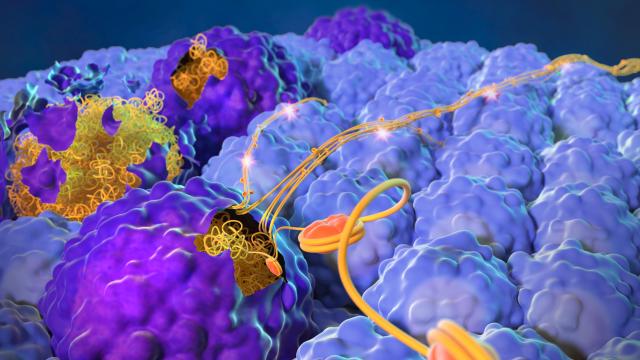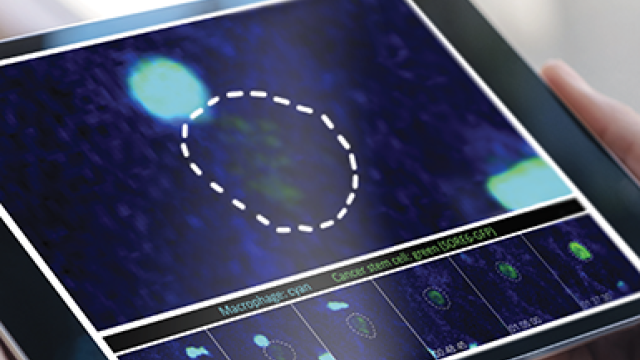Learn about our research interests and goals and recent papers.
Laboratory of Cancer Biology and Genetics
Laboratory of Cancer Biology and Genetics
Research programs in the Laboratory of Cancer Biology and Genetics (LCBG) are focused on human genetics, developing new cancer models, and investigating molecular mechanisms, including genetic/epigenetic regulation of gene expression, cell signaling, cell cycle, stemness, oncogene and non-oncogene addiction, and tumor cell-microenvironment interactions. Our goal is to understand the mechanisms underlying cancer initiation and metastatic progression and develop new treatments while nurturing the training and development of the next generation of scientists.
Job Vacancies
| Position | Degree Required | Contact Name | Contact Email |
|---|---|---|---|
| Postdoctoral Fellow - Epigenetics and Transcription Dysregulation in Cancer | Ph.D. or equivalent, M.D. or equivalent | Jing Huang | huangj3@mail.nih.gov |
News
Training
The LCBG is committed to providing a rich and supportive training environment to prepare the next generation of cancer researchers for their future careers. We offer many unique in-house training opportunities tailored to meet the specific needs of our trainees.
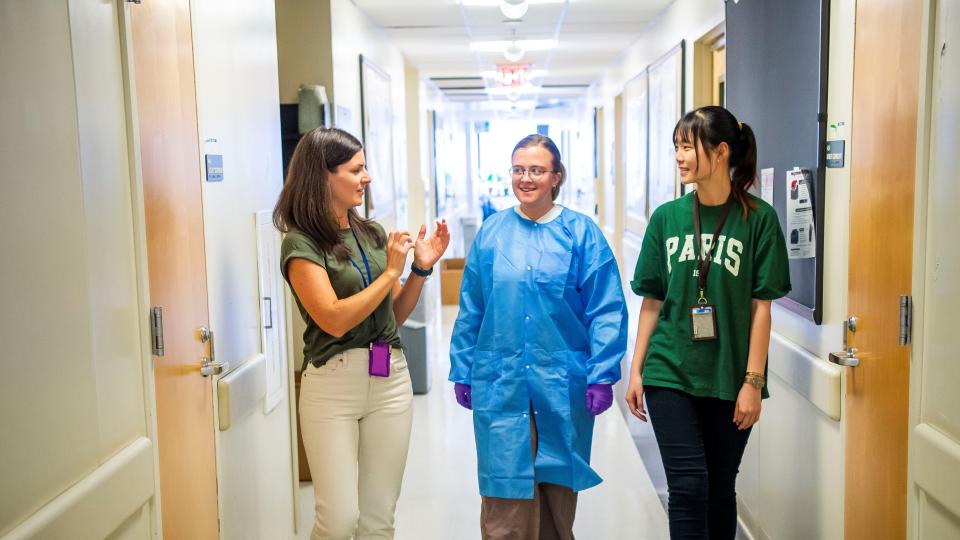
Trainee Empowerment
Opportunities to develop communication, leadership, and management skills through interactive sessions.
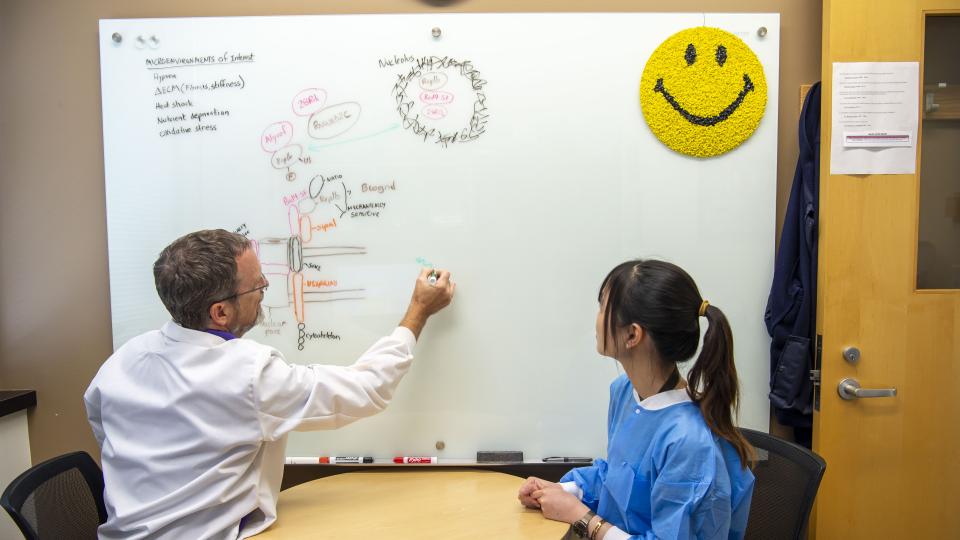
Dual Mentoring
Trainees have the option of being paired with a second mentor who can offer supplemental support.
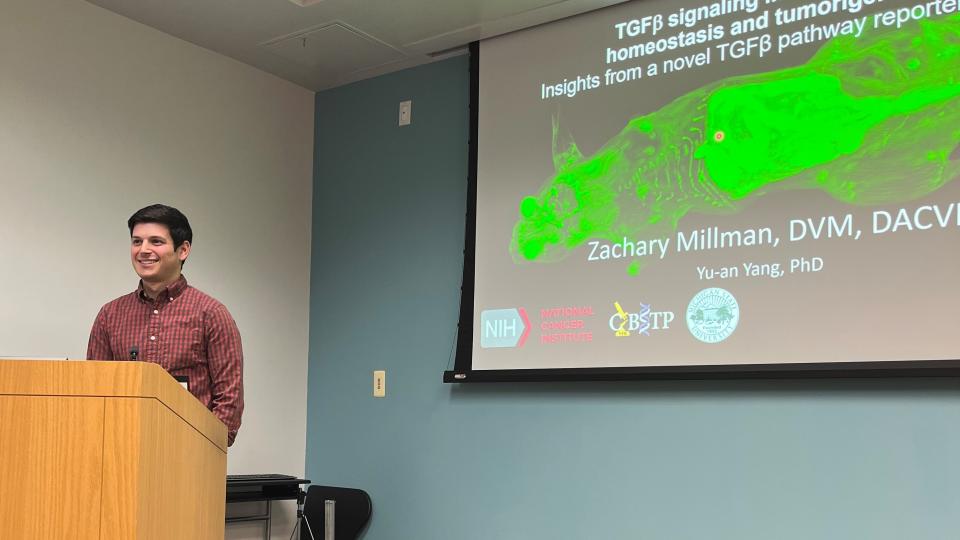
Research Talks
Trainees receive scientific presentation training and have frequent opportunities to present their research findings.
Lab Life
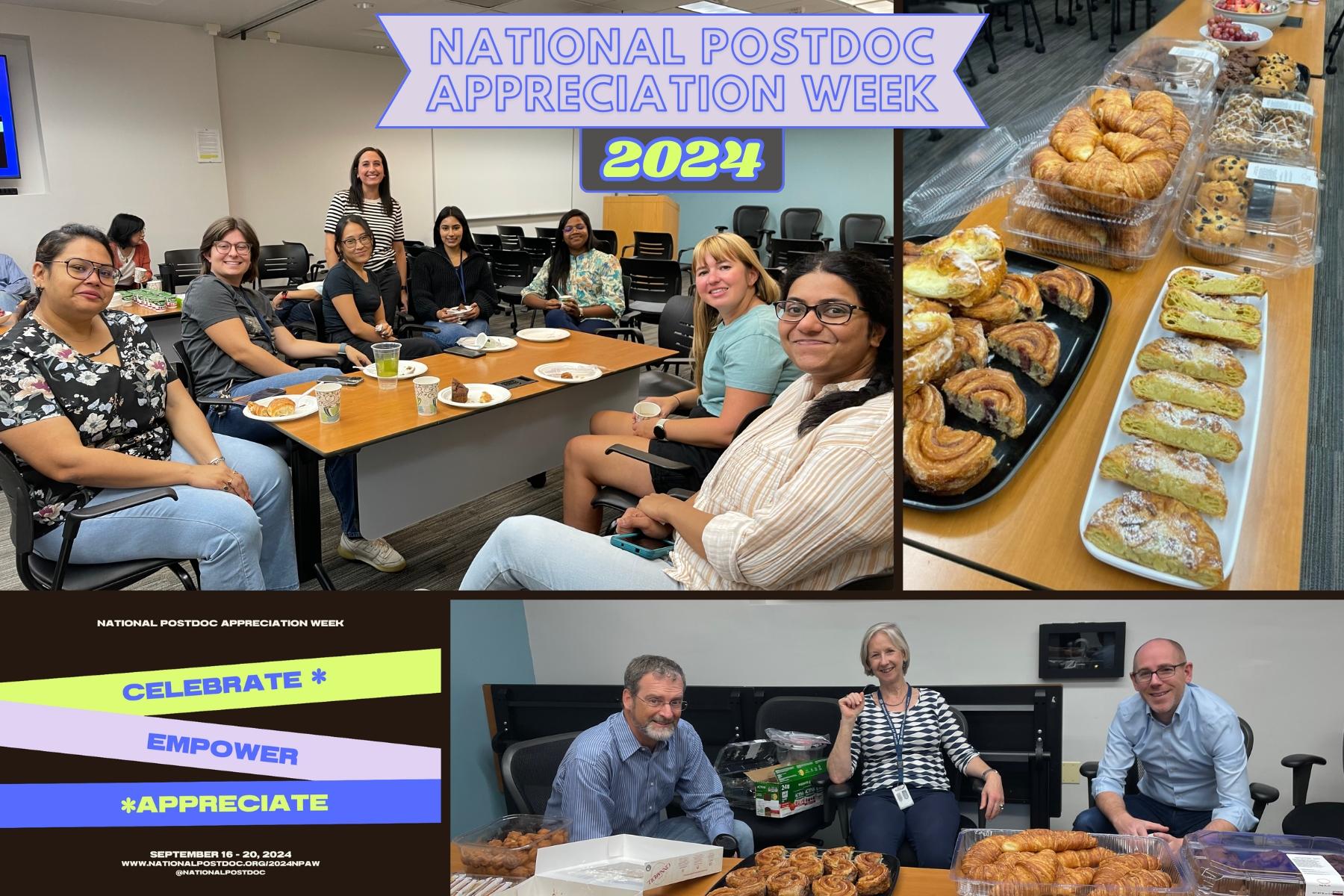
PI-sponsored breakfast for National Postdoc Appreciation Week 2024.
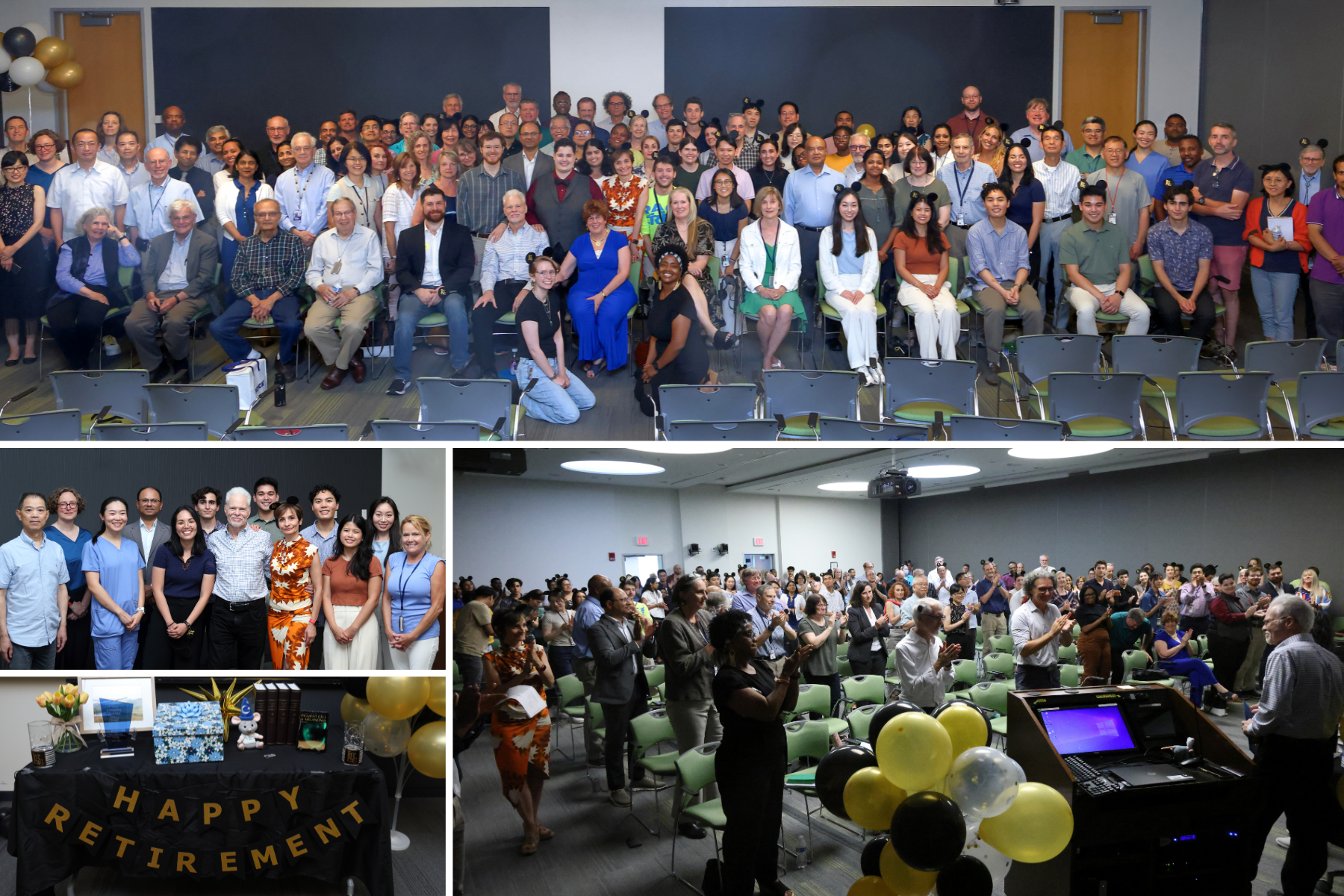
Dr. Glenn Merlino's retirement celebration, July 2024.

Dr. Ken Kraemer retirement celebration, March 2024.

LCBG Holiday Party 2023.
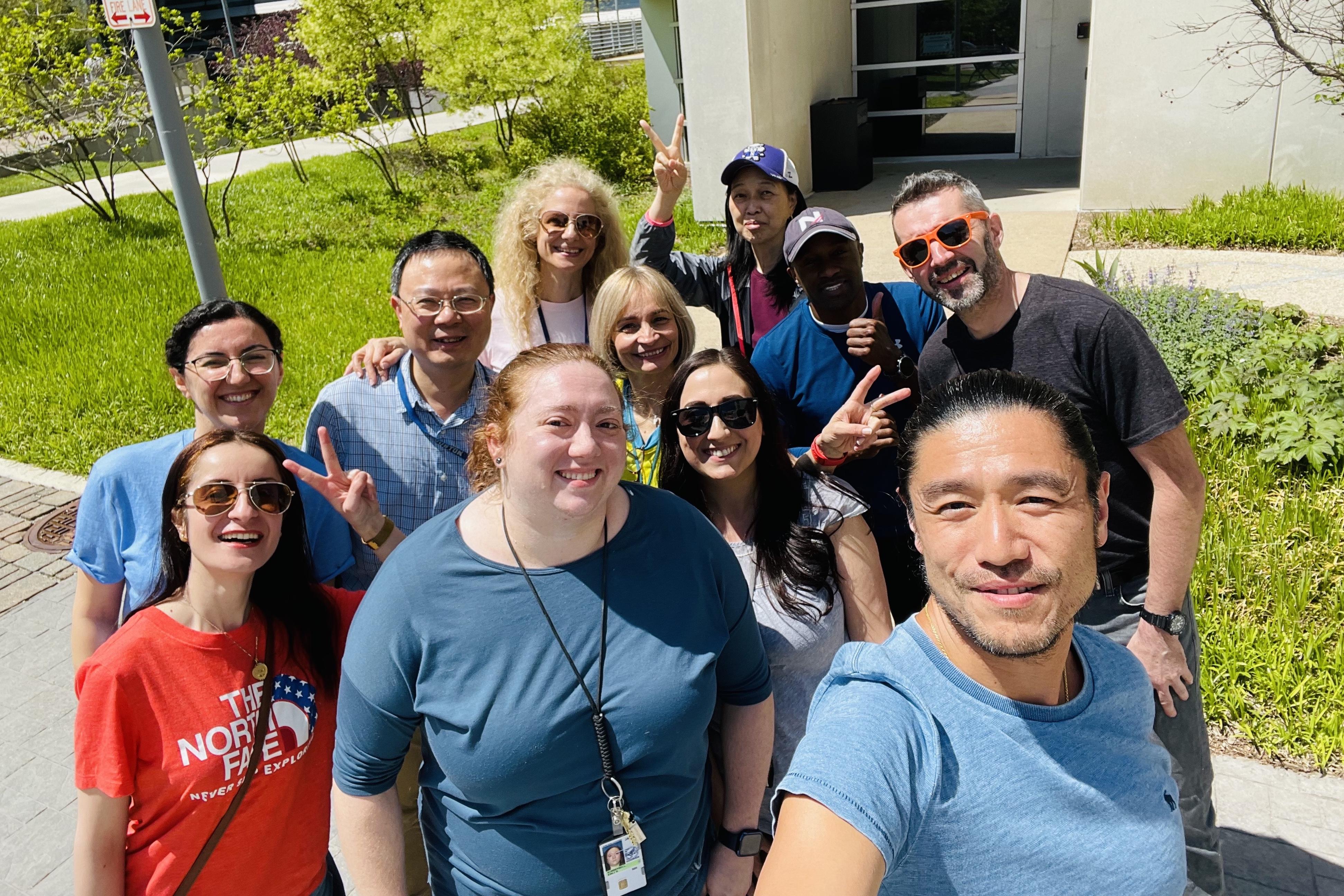
LCBG 10K-A-Day Challenge participants prepping for a campus walk.
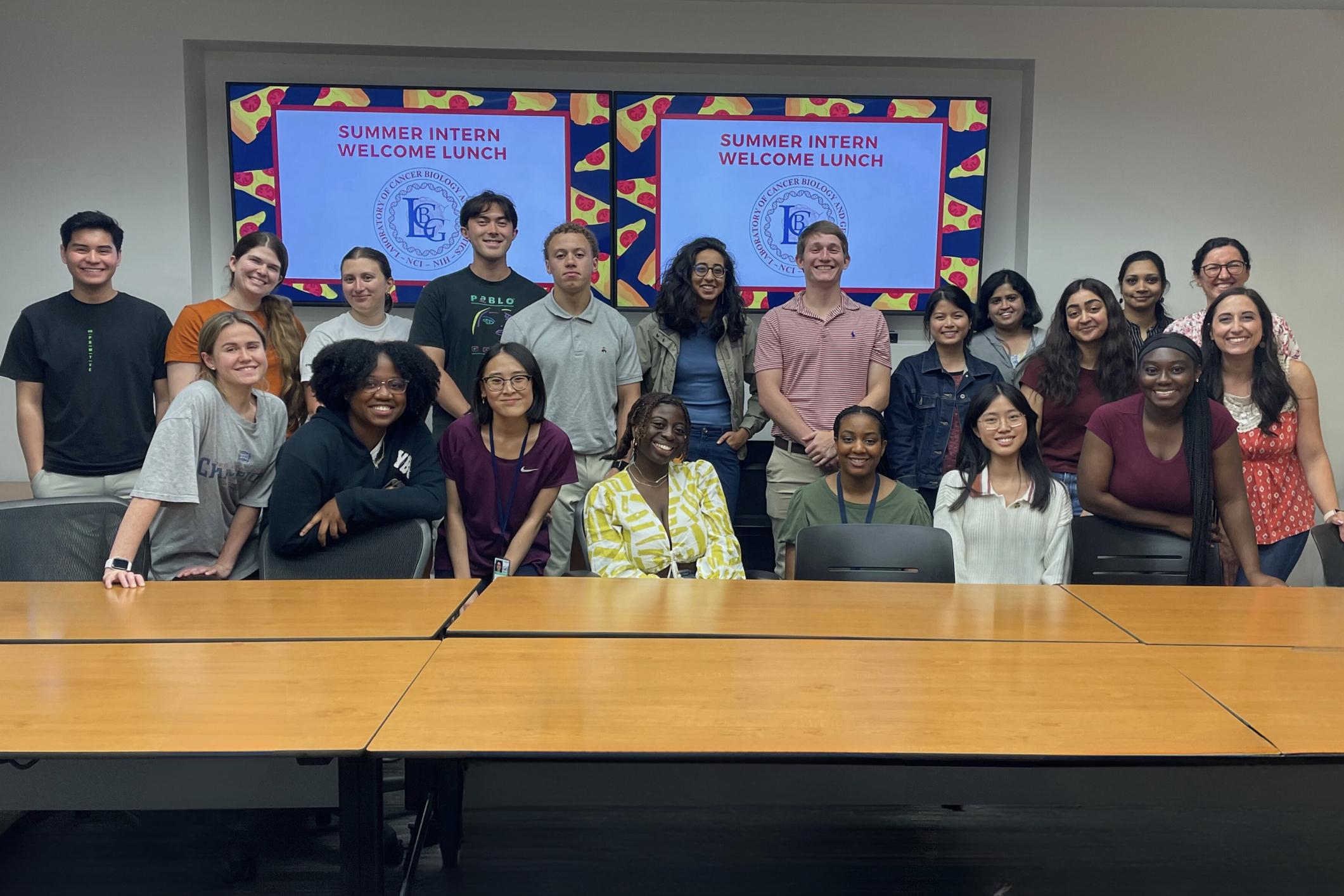
LCBG welcome lunch for summer interns, June 2023.
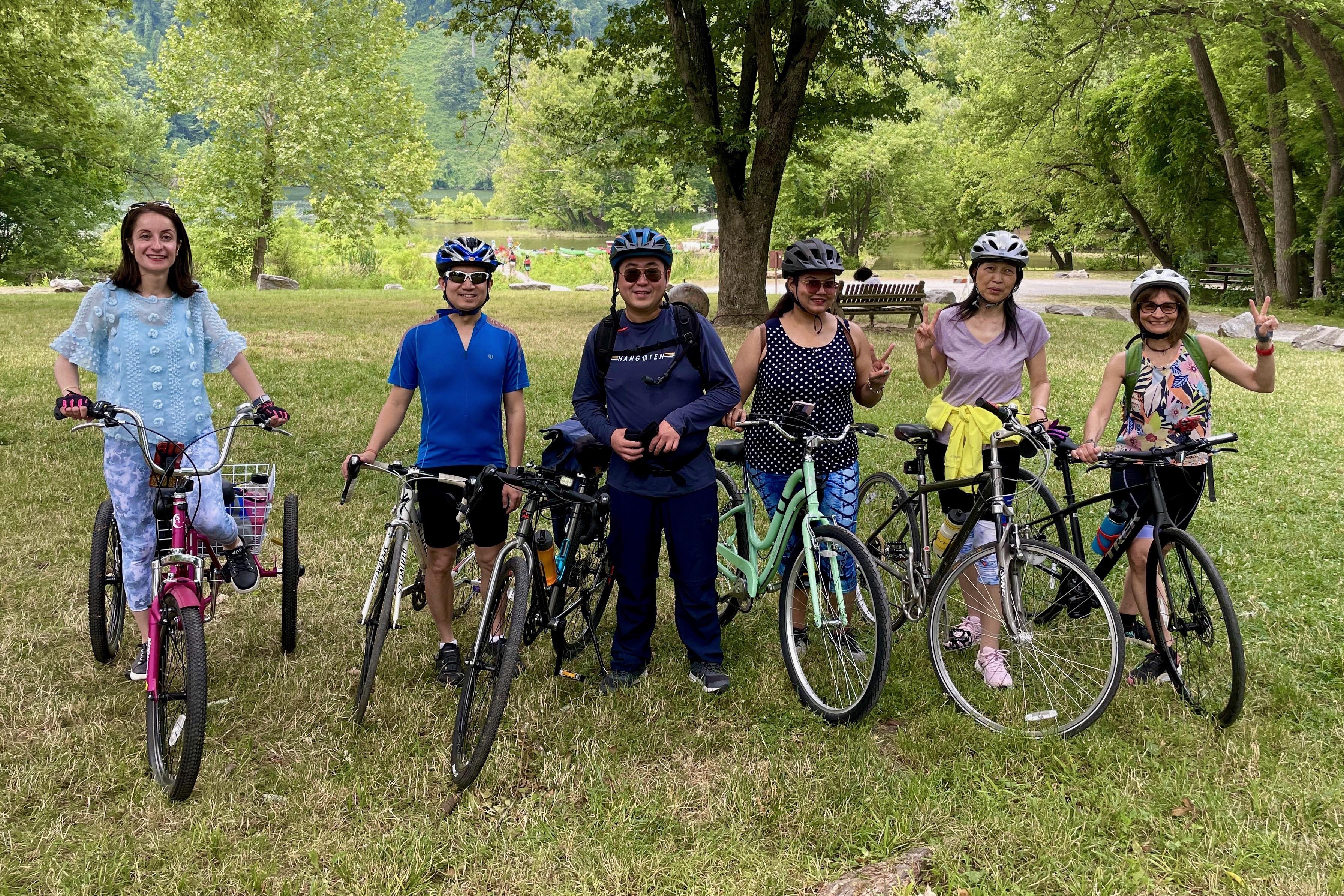
LCBG social bike outing and picnic along the Potomac River, June 2023.
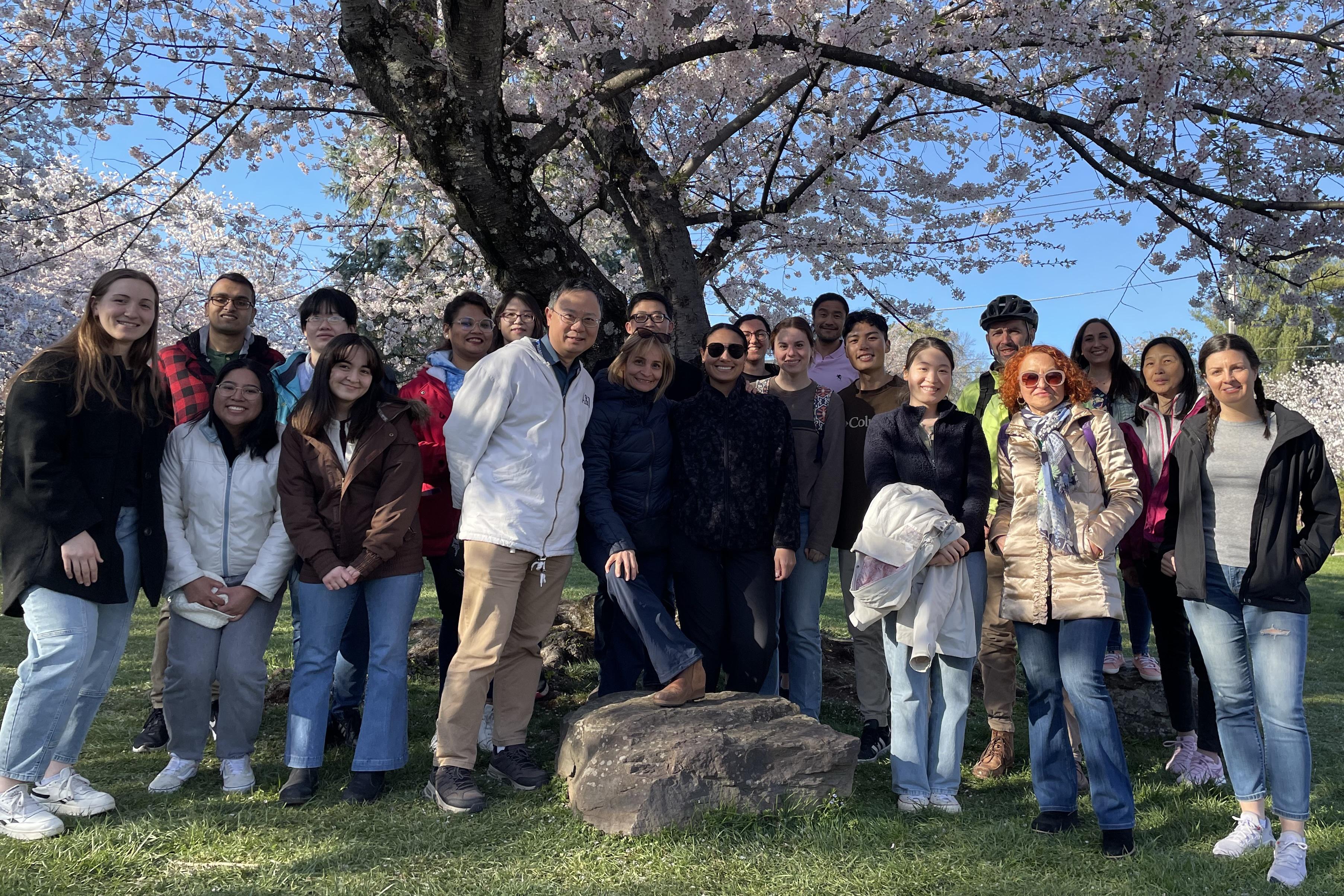
Spring walk through the cherry blossoms in Bethesda, MD.
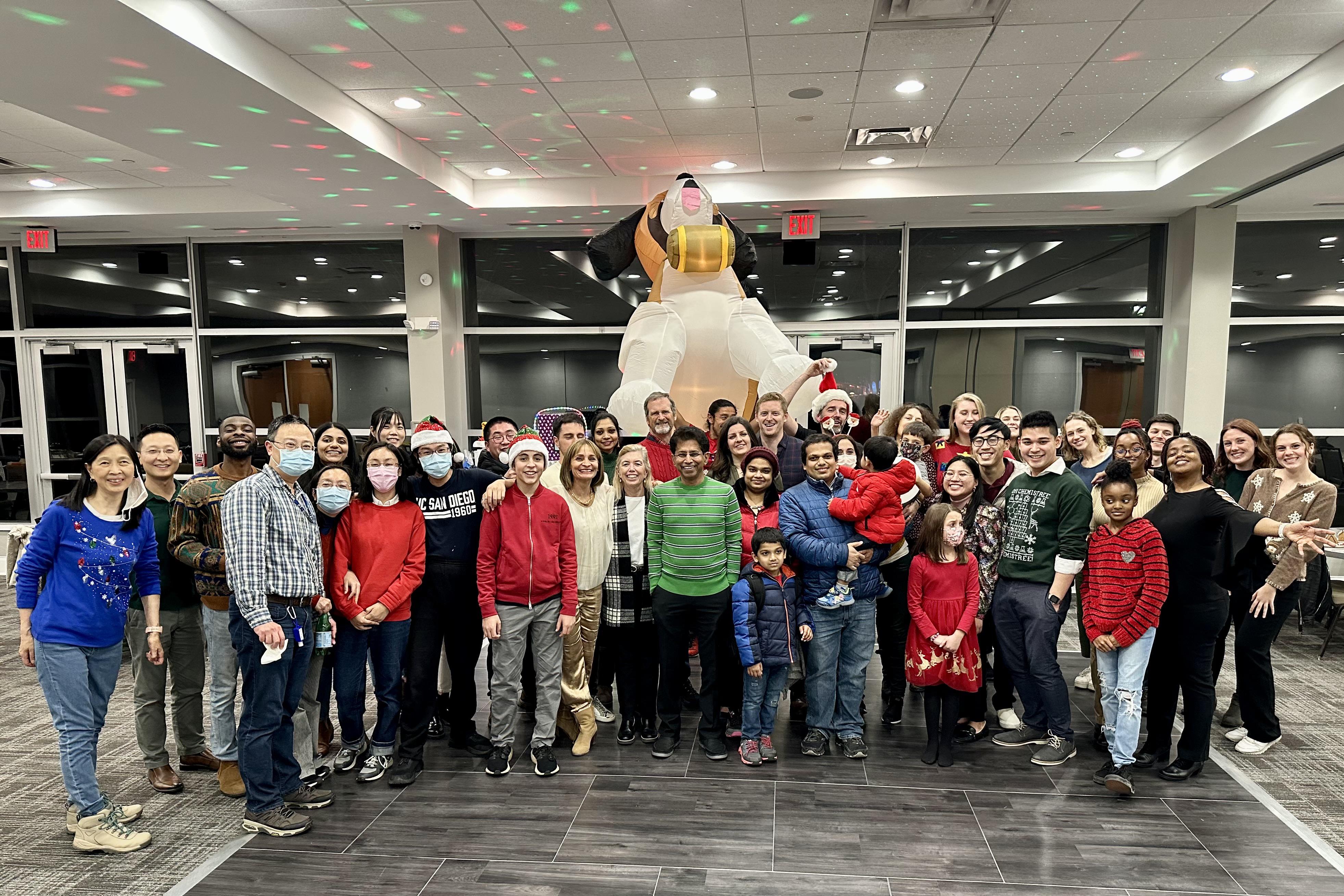
LCBG Holiday Party 2022.
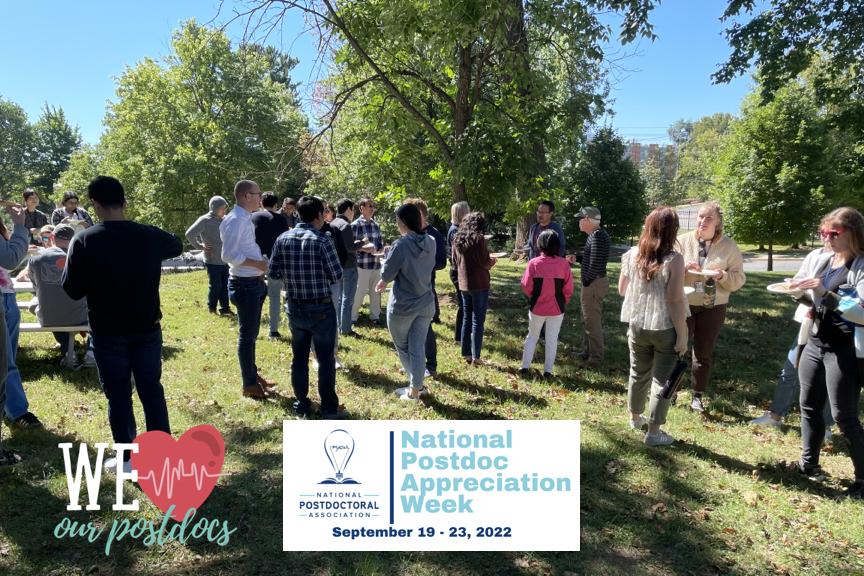
LCBG pizza lunch for National Postdoc Appreciation Week.

